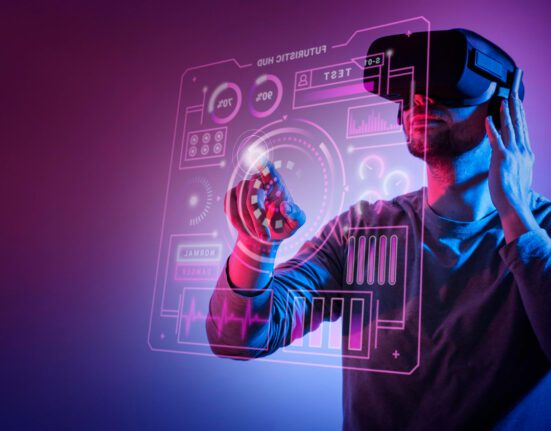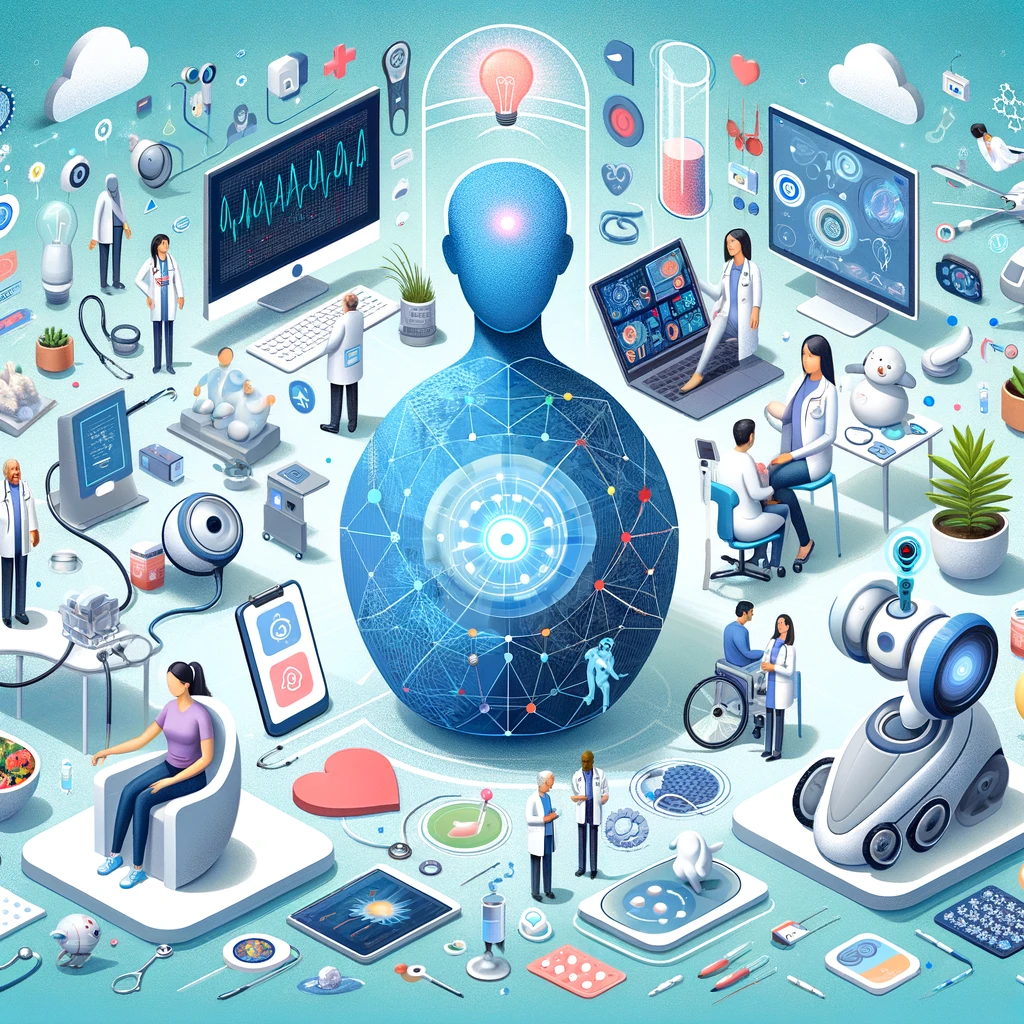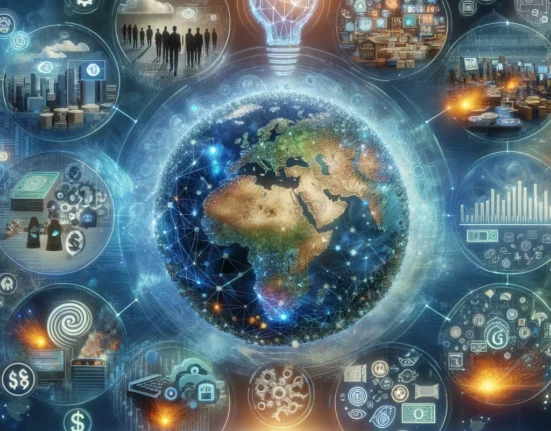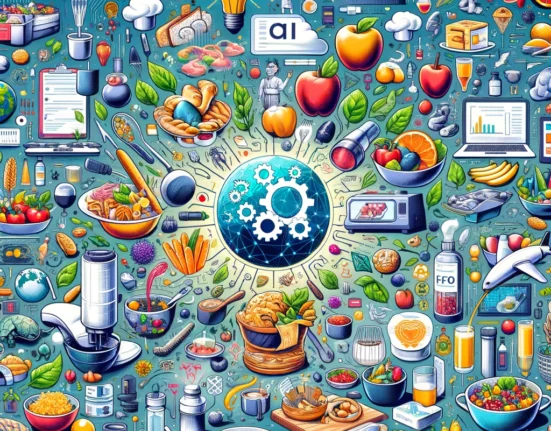The healthcare sector stands on the cusp of a revolution, driven by the advancements in generative artificial intelligence (AI). From accelerating drug discovery to customizing patient treatment plans, AI’s role in healthcare is transformative, promising to enhance the efficiency and precision of medical services. This blog post delves into the impact of generative AI on healthcare, exploring its potential to improve patient outcomes, streamline diagnostic processes, and personalize care.


A New Frontier in Drug Discovery
One of the most promising applications of generative AI in healthcare is in the field of drug discovery. By analyzing vast datasets of chemical compounds and their effects, generative AI can predict new potential medications, significantly reducing the time and cost associated with traditional drug development. This accelerated process not only brings new treatments to market more quickly but also opens the door to discovering therapies for diseases that have long eluded the medical community.
Personalizing Patient Care
Generative AI is personalizing healthcare in unprecedented ways. By leveraging patient data, AI algorithms can tailor treatment plans to the individual’s genetic makeup, lifestyle, and health history. This personalized approach not only increases the effectiveness of treatments but also minimizes side effects, ensuring that patients receive the most appropriate care for their specific conditions.
Enhancing Diagnostics and Patient Monitoring
AI-driven diagnostics tools are revolutionizing the way diseases are detected and monitored. From analyzing imaging scans with greater accuracy than human eyes to predicting health deterioration before it becomes critical, AI enhances the ability of healthcare professionals to diagnose conditions early and accurately. Additionally, AI-powered patient monitoring systems can track vital signs and detect anomalies in real time, enabling swift interventions and improving patient outcomes.
Telemedicine and Virtual Health Assistants
The integration of generative AI into telemedicine and virtual health assistants is making healthcare more accessible. AI-powered platforms can provide preliminary consultations, answer health-related queries, and even guide patients through treatment protocols from the comfort of their homes. This not only expands access to medical advice but also relieves the burden on healthcare facilities, allowing them to focus resources on more critical cases.
Overcoming Challenges and Ethical Considerations
Despite its potential, the integration of AI in healthcare is not without challenges. Data privacy, security, and the ethical use of patient information are paramount concerns that must be addressed to build trust in AI-driven systems. Moreover, ensuring the accuracy of AI diagnostics and the transparency of AI decision-making processes is critical to avoiding misdiagnoses and ensuring patient safety.
The Future of Healthcare with AI
Looking ahead, the role of generative AI in healthcare is poised for significant growth. As technology advances, we can expect even more sophisticated applications of AI in medical research, patient care, and health administration. From AI-driven genomics research to smart healthcare systems that predict and prevent disease outbreaks, the future of healthcare with AI is bright, promising a world where personalized, efficient, and accessible care is the norm.
Generative AI is redefining what’s possible in healthcare, offering a glimpse into a future where medical treatment is more precise, efficient, and patient-centered than ever before. As we continue to explore the capabilities of AI in healthcare, the focus remains on harnessing its potential responsibly, ensuring that technological advancements translate into real benefits for patients and society at large.
As we delve deeper into the multifaceted impacts of generative AI across industries, our next post will examine its influence on environmental conservation and sustainability efforts. Stay tuned for an insightful exploration of how AI is being leveraged to tackle some of the most pressing environmental challenges of our time, from climate change mitigation to biodiversity preservation. Join us as we uncover the role of generative AI in shaping a more sustainable and resilient future.









